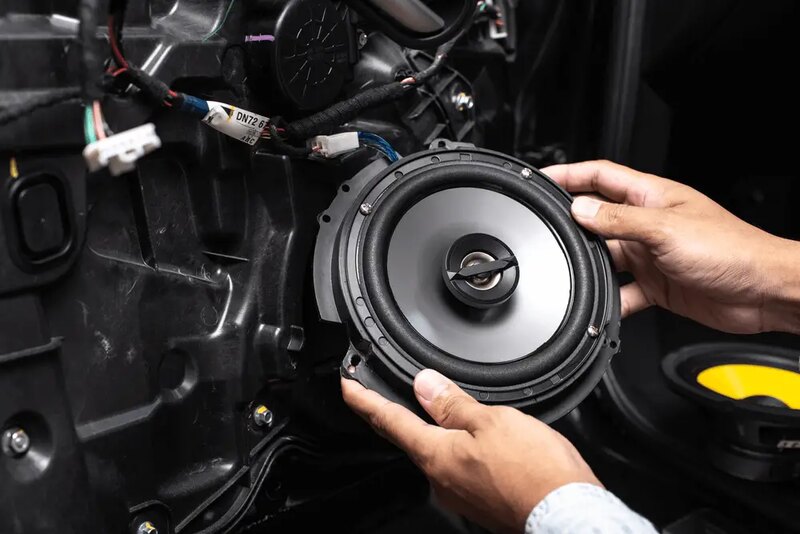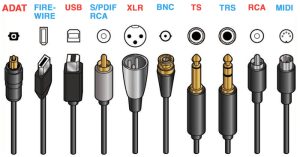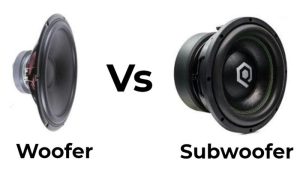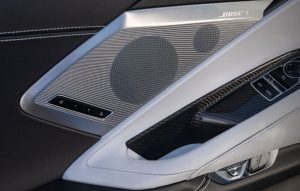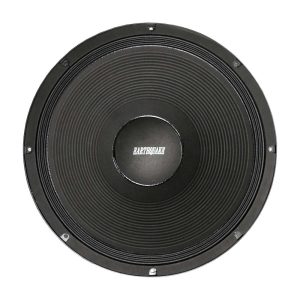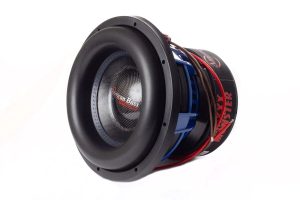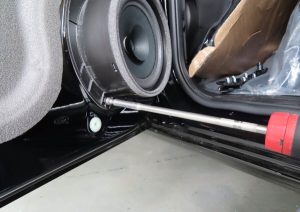There’s nothing quite like cruising down the open road, the wind in your hair, and your favorite tunes playing through your car speakers. However, I’ve recently found myself facing a rather irritating issue – my car speakers sounding mysteriously muffled. It’s like listening to music through a thick blanket, and needless to say, it has taken away from the joy of my driving experience. As a car speaker enthusiast, I understand the crucial role that quality sound plays in the overall driving experience. Whether it’s the beat of your favorite song, the clarity of a podcast, or the immersive feel of a movie soundtrack, a well-functioning car audio system elevates the journey. In this article, I aim to unravel why does car speaker sound muffled? based on my own experience and offer practical solutions to bring back the crystal-clear audio we all crave.
We’ll start by delving into the basics of how car speakers work and why maintaining clear and crisp audio is paramount. From there, we’ll explore common causes of muffled sound, external factors affecting speaker performance, and preventive measures for maintaining speaker clarity. Finally, we’ll dive into troubleshooting and DIY fixes, ensuring you have all the tools to reclaim your audio experience.
Contents
Understanding the Basics
A. How Car Speakers Work
Car speakers operate on the basic principles of converting electrical signals into sound waves. They consist of a cone, a magnet, and a coil. When an electrical current flows through the coil, it interacts with the magnetic field, causing the cone to vibrate and produce sound.
B. Importance of Clear and Crisp Audio
Clear audio is not just about enjoying your favorite tunes; it’s also crucial for communication, navigation, and overall safety on the road. Muffled sound can hinder these aspects and compromise the overall driving experience.
C. Signs of Muffled Sound
Identifying muffled sound is crucial for prompt resolution. Signs include a loss of high-frequency detail, a lack of overall clarity, and a sense that the sound is coming from a distance rather than directly from the speakers.
Why Does My Car Speaker Sound Muffled?
A. Dust and Debris Accumulation
1. Personal Experience: Discovering the Dust Dilemma
Recently, I found my speakers producing a muffled sound that was driving me up the wall. Upon investigation, I discovered a significant amount of dust and debris had accumulated on the speaker cones, affecting their ability to vibrate freely.
2. Steps to Clean and Maintain Speakers
To address this, regular cleaning is essential. Mildly remove dust and debris using a soft brush or compressed air. Be cautious not to damage the speaker cones during the process.
B. Wiring Issues
1. Personal Experience: Untangling the Wiring Woes
Another culprit for muffled sound can be wiring issues. I experienced this when a loose connection disrupted the flow of electrical signals to the speakers.
2. DIY Tips for Checking and Fixing Wiring Problems
To troubleshoot wiring problems, inspect connections for tightness and signs of wear. Replacing damaged wires and securing connections can often resolve muffled sound issues.
C. Speaker Damage or Wear
1. Personal Experience: The Heartbreak of a Damaged Speaker
Perhaps the most disheartening discovery was a damaged speaker cone. Over time, wear and tear had taken a toll, affecting the speaker’s performance.
2. Recognizing Signs of Speaker Damage
Keep an eye (or ear) out for distortion, buzzing, or crackling sounds, as these can indicate speaker damage. If identified early, some issues can be resolved through repairs, but in severe cases, replacement might be necessary.
3. Solutions for Repair or Replacement
Repairing a damaged speaker may involve patching small tears in the cone or fixing loose components. However, if the damage is extensive, replacing the speaker with a high-quality unit is often the best solution.
External Factors Affecting Speaker Performance
A. Environmental Conditions
1. Impact of Weather on Speaker Quality
Extreme weather conditions, such as excessive heat or cold, can affect speaker materials and performance. Additionally, humidity can lead to mold and mildew growth, further degrading sound quality.
2. Protective Measures for All Seasons
Protect your speakers from harsh weather conditions by parking in shaded areas, using car covers, and applying protective sprays to prevent moisture buildup.
B. Car Interior Setup
1. The Role of Car Interiors in Sound Quality
The interior of your car significantly influences how sound travels. Hard surfaces can create echoes, while soft materials can absorb sound, impacting the overall audio experience.
2. Optimizing the Interior for Better Audio
Consider adding acoustic materials or upgrading your car’s interior to optimize sound quality. Simple changes like adding carpets, seat covers, or soundproofing materials can make a noticeable difference.
Preventive Measures for Maintaining Speaker Clarity
A. Regular Cleaning and Maintenance
Make a habit of cleaning your speakers regularly to prevent dust buildup. Check and secure wiring connections periodically to catch potential issues early on.
B. Investing in Quality Speakers
When upgrading or replacing speakers, invest in high-quality, durable units. Quality speakers are less prone to damage and can withstand environmental challenges, ensuring a longer lifespan.
C. Professional Inspection and Upgrades
Consider professional inspections and upgrades for your car audio system. Experienced technicians can identify potential issues, recommend improvements, and provide expert solutions.
Troubleshooting and DIY Fixes
A. Step-by-Step Guide to Diagnosing Muffled Sound Issues
Follow a systematic approach to troubleshoot and identify the root cause of muffled sound issues. Start with the basics, such as checking for loose connections and cleaning the speakers, before moving on to more complex problems.
B. DIY Solutions for Quick Fixes
In addition to regular maintenance, DIY solutions like adding soundproofing materials, adjusting speaker settings, or installing filters can contribute to better sound quality.
C. When to Seek Professional Help
If DIY efforts don’t yield satisfactory results, or if you’re unsure about tackling more complex issues, it’s advisable to seek professional help. Car audio specialists can conduct thorough diagnostics and provide effective solutions.
Conclusion
Navigating the world of car audio and overcoming muffled sound challenges has been a learning experience. Clear sound is not just about enjoyment but also enhances safety and communication on the road.
By understanding the causes of muffled sound and implementing preventive measures, you can rediscover the joy of quality audio in your car. Regular maintenance, awareness of environmental factors, and investing in quality components are key to a superior audio experience.
To my fellow car speaker enthusiasts facing similar challenges, remember that the road to clear sound might have its bumps, but the journey is worth it. With a bit of knowledge, regular maintenance, and the right upgrades, you can ensure that your car speakers deliver the audio experience you deserve. Happy driving!
